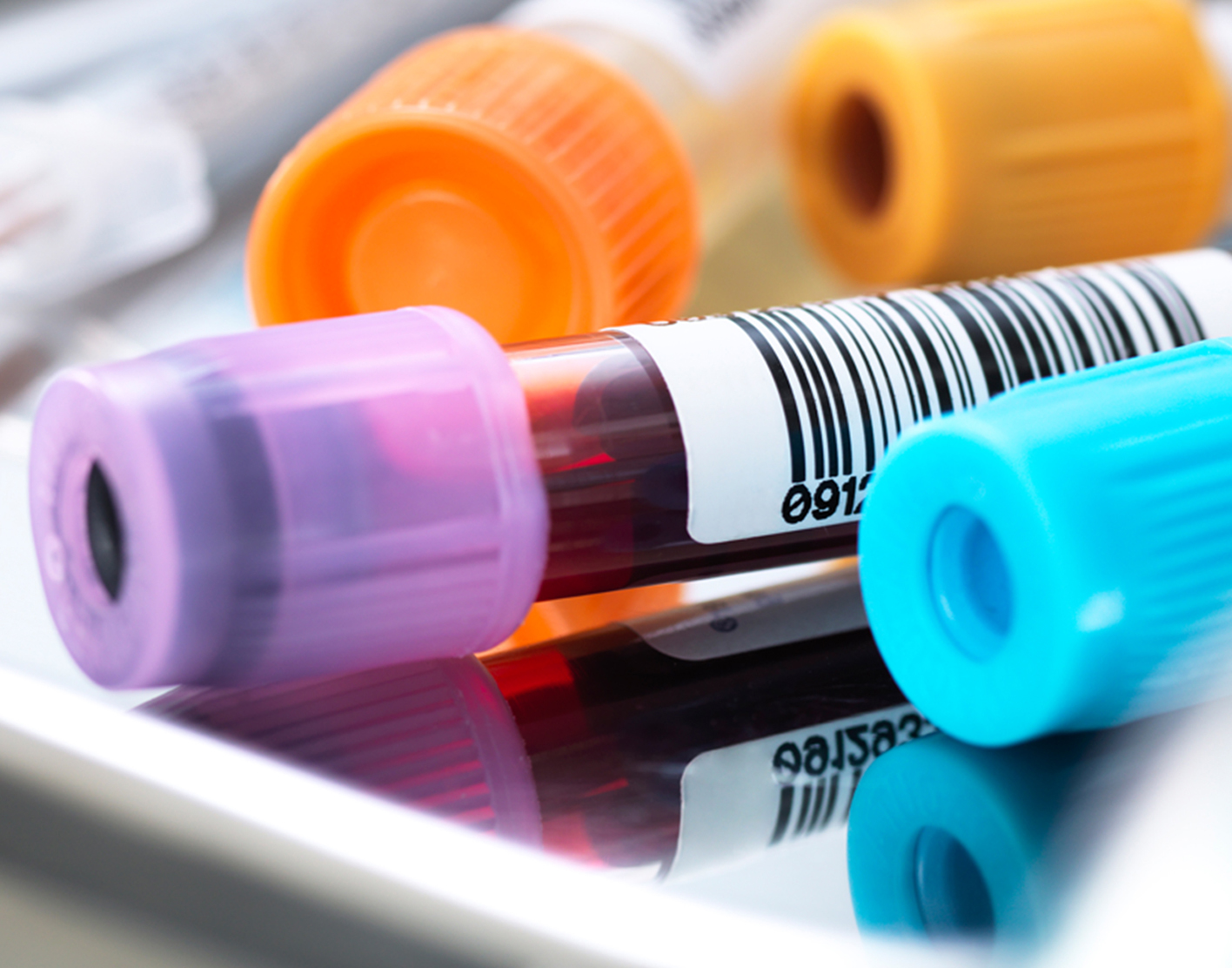
Coombs test
Definition
The Coombs test looks for
Alternative Names
Direct antiglobulin test; Indirect antiglobulin test; Anemia - hemolytic
How the Test is Performed
A
How to Prepare for the Test
No special preparation is necessary for this test.
How the Test will Feel
When the needle is inserted to draw blood, some people feel moderate pain. Others feel only a prick or stinging. Afterward, there may be some throbbing or slight bruising. This soon goes away.
Why the Test is Performed
There are two types of the Coombs test:
- Direct
- Indirect
The direct Coombs test is used to detect antibodies that are stuck to the surface of red blood cells. Many diseases and medicines can cause this to happen. These antibodies sometimes destroy red blood cells and cause
The indirect Coombs test looks for antibodies that are in the blood. These antibodies could act against certain red blood cells. This test is most often done to determine if you may have a reaction to a blood transfusion.
Normal Results
A normal result is called a negative result. It means there was no clumping of cells and you have no antibodies to red blood cells.
Normal value ranges may vary slightly among different laboratories. Some labs use different measurements or test different samples. Talk to your provider about the meaning of your specific test results.
What Abnormal Results Mean
An abnormal (positive) direct Coombs test means you have antibodies that act against your red blood cells. This may be due to:
-
Autoimmune
hemolytic anemia Chronic lymphocytic leukemia or similar disorder-
Blood disease in newborns called
erythroblastosis fetalis (also called hemolytic disease of the newborn) Infectious mononucleosis - Mycoplasma infection
Syphilis Systemic lupus erythematosus Transfusion reaction , such as one due to improperly matched units of blood
The test result may also be abnormal without any clear cause, especially among the older people.
An abnormal (positive) indirect Coombs test means you have antibodies that will act against red blood cells that your body views as foreign. This may suggest:
- Erythroblastosis fetalis
- Incompatible blood match (when used in blood banks)
Risks
There is little risk involved with having your blood taken. Veins and arteries vary in size from one person to another and from one side of the body to the other. Taking blood from some people may be more difficult than from others.
Other risks associated with having blood drawn are slight, but may include:
Fainting or feeling lightheaded- Multiple punctures to locate veins
Hematoma (blood buildup under the skin)- Excessive bleeding
- Infection (a slight risk any time the skin is broken)
References
Elghetany MT, Banki K. Erythrocytic disorders. In: McPherson RA, Pincus MR, eds. Henry's Clinical Diagnosis and Management by Laboratory Methods. 24th ed. Philadelphia, PA: Elsevier; 2022:chap 33.
Michel M. Autoimmune and intravascular hemolytic anemias. In: Goldman L, Cooney KA, eds. Goldman-Cecil Medicine. 27th ed. Philadelphia, PA: Elsevier; 2024:chap 146.
Review Date: 31/03/2024
The information provided herein should not be used during any medical emergency or for the diagnosis or treatment of any medical condition. A licensed physician should be consulted for diagnosis and treatment of any and all medical conditions. Call 911 for all medical emergencies. Links to other sites are provided for information only -- they do not constitute endorsements of those other sites. Copyright ©2019 A.D.A.M., Inc., as modified by University of California San Francisco. Any duplication or distribution of the information contained herein is strictly prohibited.
Information developed by A.D.A.M., Inc. regarding tests and test results may not directly correspond with information provided by UCSF Health. Please discuss with your doctor any questions or concerns you may have.



























